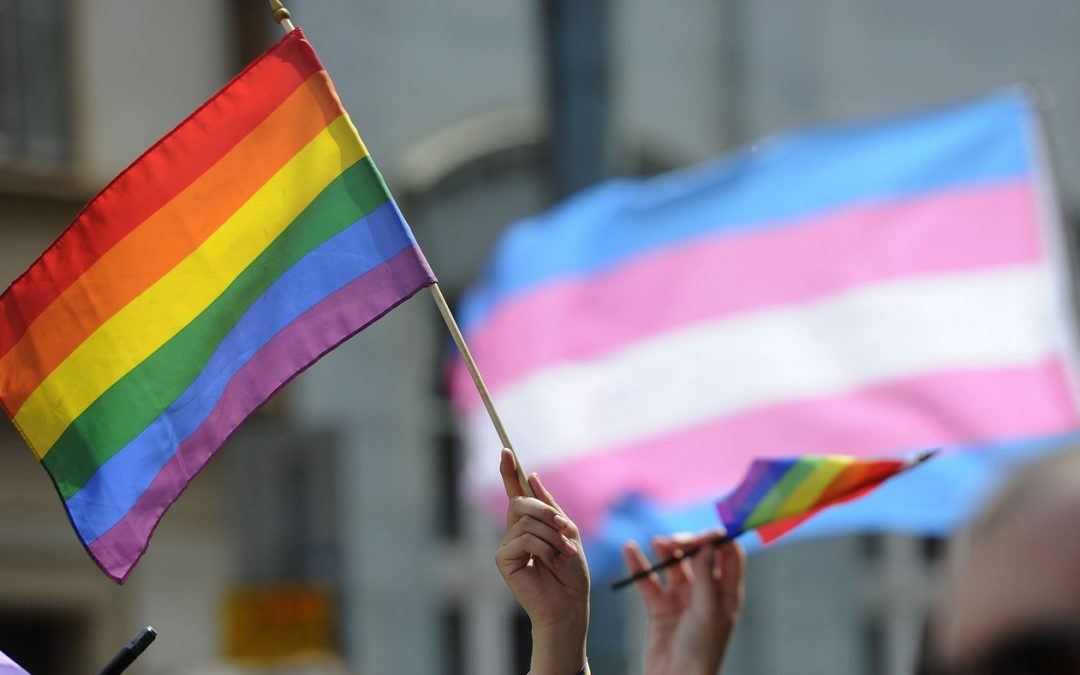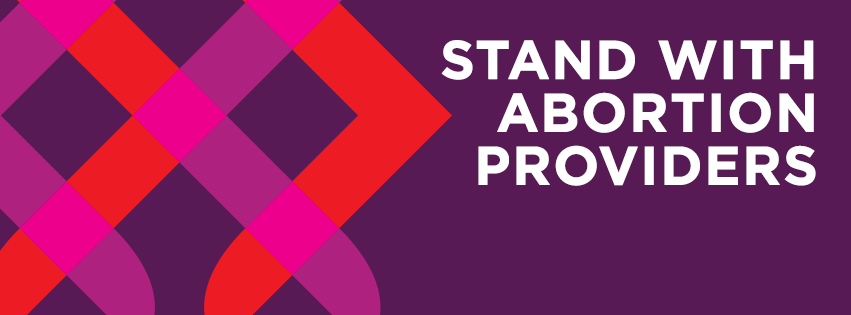So-called Abortion Reversal is Dangerous
Media Release
ALRANZ calls upon the New Zealand government to reject dangerous, unproven medical procedures purporting to reverse abortions.
In light of the new government’s uncertain approach to abortion care, ALRANZ seeks confirmation that calls from anti-abortion radicals in New Zealand for the health service to approve (and legitimise) so-called ‘abortion reversal’ will fall upon deaf ears.
ALRANZ executive committee member and board-certified Obstetrician Gynaecologist, Dr Dionne Mills-Sillik says, “There is no such thing as abortion reversal. If someone is pregnant and takes abortion inducing pills, we cannot stop the effects once it has already been ingested. Large doses of progesterone have not been proven to negate the effects of the mifepristone-misoprostol combination with enough consistency and safety to permit anyone to make such claims, and it is irresponsible, insensitive, and malicious to claim otherwise.”
Dr Helen Paterson, Senior Lecturer at the University of Otago, and Gynaecologist states, “It is dangerous and there is no evidence that it works. The data show that taking mifepristone followed by progesterone is associated with a significant increase in major bleeding requiring hospitalisation. There have been no high-quality studies showing this therapy is effective. Thus, as far as we know to date, this is high risk for no benefit. If someone does not want an abortion, they should not start an abortion process.”
The Royal Australian and New Zealand College of Obstetricians and Gynaecologists (RANZCOG) and DECIDE.org provide clear information that abortions cannot be reversed and that this practice is not supported in New Zealand Aotearoa. There are also clear guidelines that are available to any member of the public through the Ministry of Health’s website if anyone chooses to look for them: New Zealand Aotearoa Abortion Clinical Guideline
ALRANZ trusts medical professionals and researchers, not ideologically motivated anti-choice, anti-abortion groups who have not provided any evidence to support the ‘abortion reversal’ protocol.
ALRANZ calls on the government to follow its own rhetoric and reject policies based on ideology in favour of policies supported by evidence-based, peer-reviewed science.



